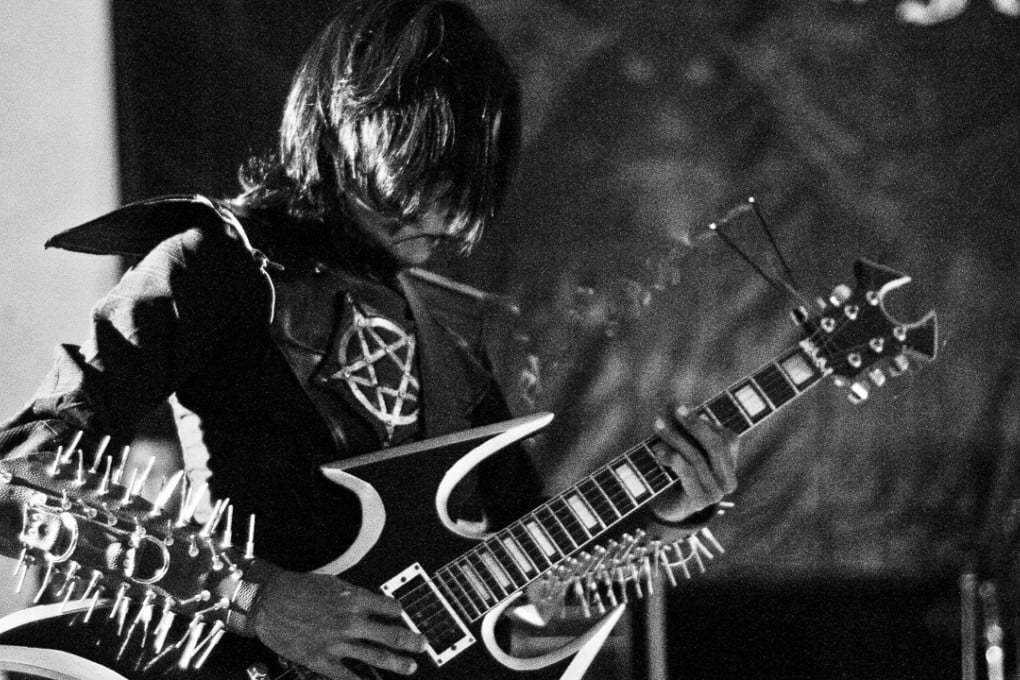Headbangers in hijabs: inside Indonesia’s heavy metal scene
From hijab-wearing female metal band Voice of Baceprot to the Hammersonic music festival that includes prayer breaks, Indonesia’s metalheads show that ‘the devil’s music’ doesn’t have to clash with their Islamic identity

According to Encyclopaedia Metallum: The Metal Archives, an independent website that provides an exhaustive list of every heavy metal band in the world, there are more than 1,500 metal bands found across Indonesia’s sprawling archipelago. In comparison, China has less than 300.
Indonesia’s hijab-wearing Muslim heavy metal group VoB smashes stereotypes
This won’t come as news to metalheads. Indonesia has long been known as a “metal republic”, perhaps ever since Deep Purple sent crowds headbanging in Jakarta back in 1975.
Jeremy Wallach, an ethnomusicologist at the Bowling Green State University in Ohio and author of Modern Noise, Fluid Genres: Popular Music in Indonesia, 1997-2001, says the metal subculture in Indonesia has grown rapidly since the 1990s. The underground metal scene has often helped focus resistance there; it is partly responsible for toppling the autocratic Suharto regime in 1998 and helping to foster a new democratic society in its place.
Since then, the nation has continued to produce metal goliaths, pummelling heavy sounds into the ears of frenzied crowds in and out of the country and winning global metal awards. The country also hosts the largest annual metal festival in Southeast Asia, Hammersonic, which draws more than 30,000 metalheads.
Even the Indonesian president himself is a self-proclaimed heavy metal devotee. Joko Widodo is often seen sporting a metal band T-shirt and leather jacket, while playfully flashing the devil horns sign when being photographed. He has told the media that he is a big fan of Lamb of God, Metallica and Napalm Death. Randy Blythe, the frontman of Lamb of God, calls Widodo “the world’s first heavy metal president”.